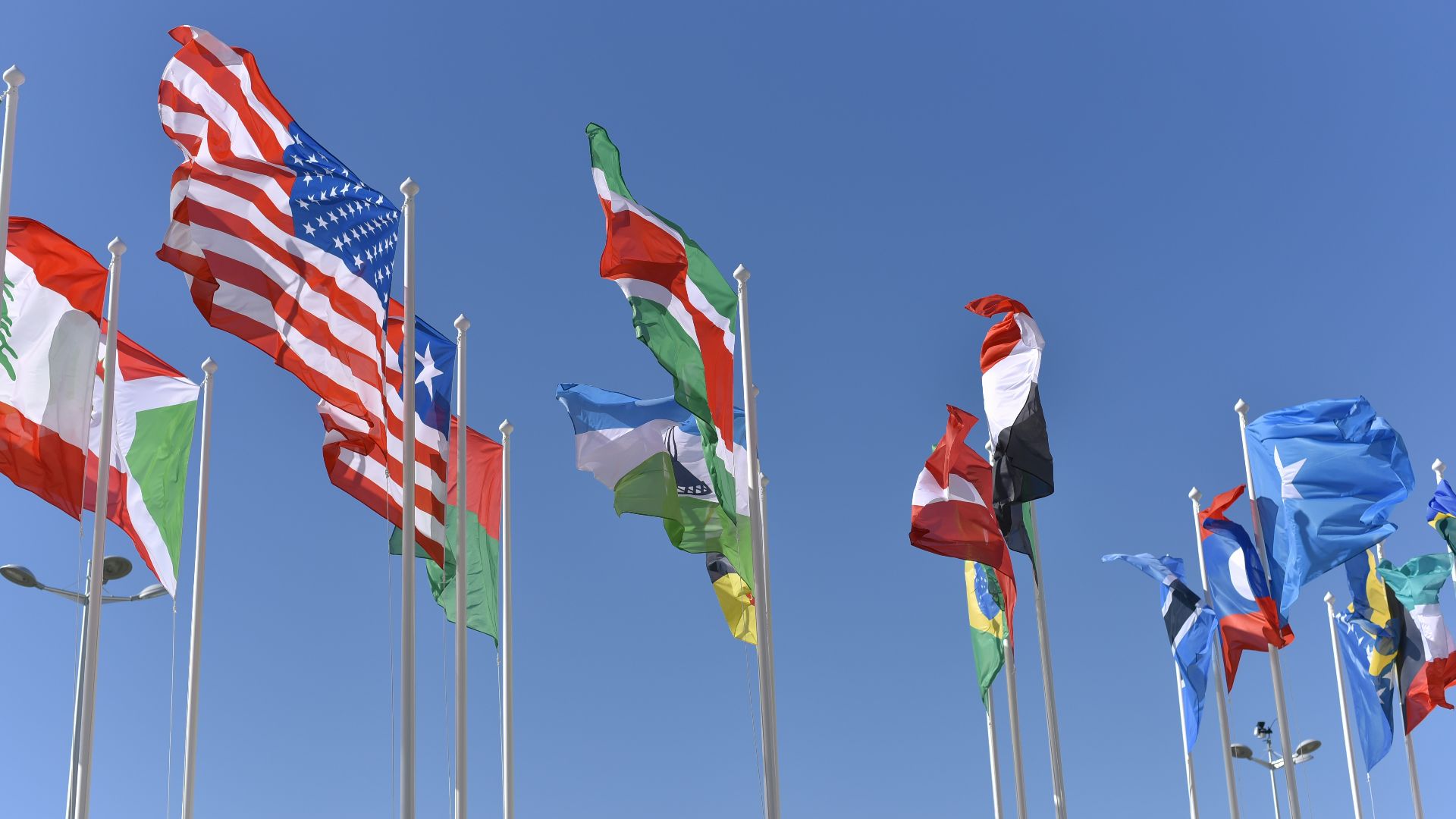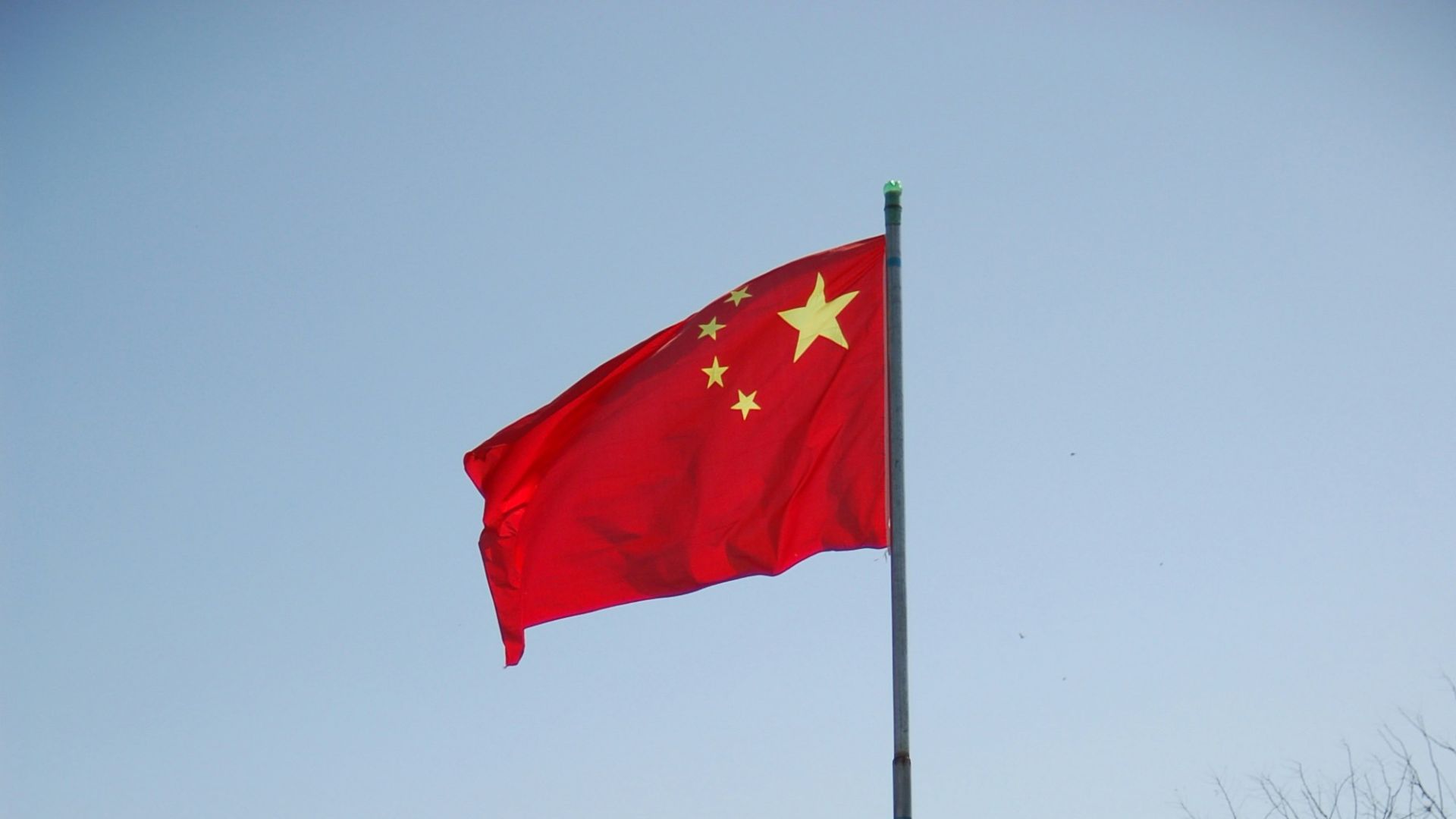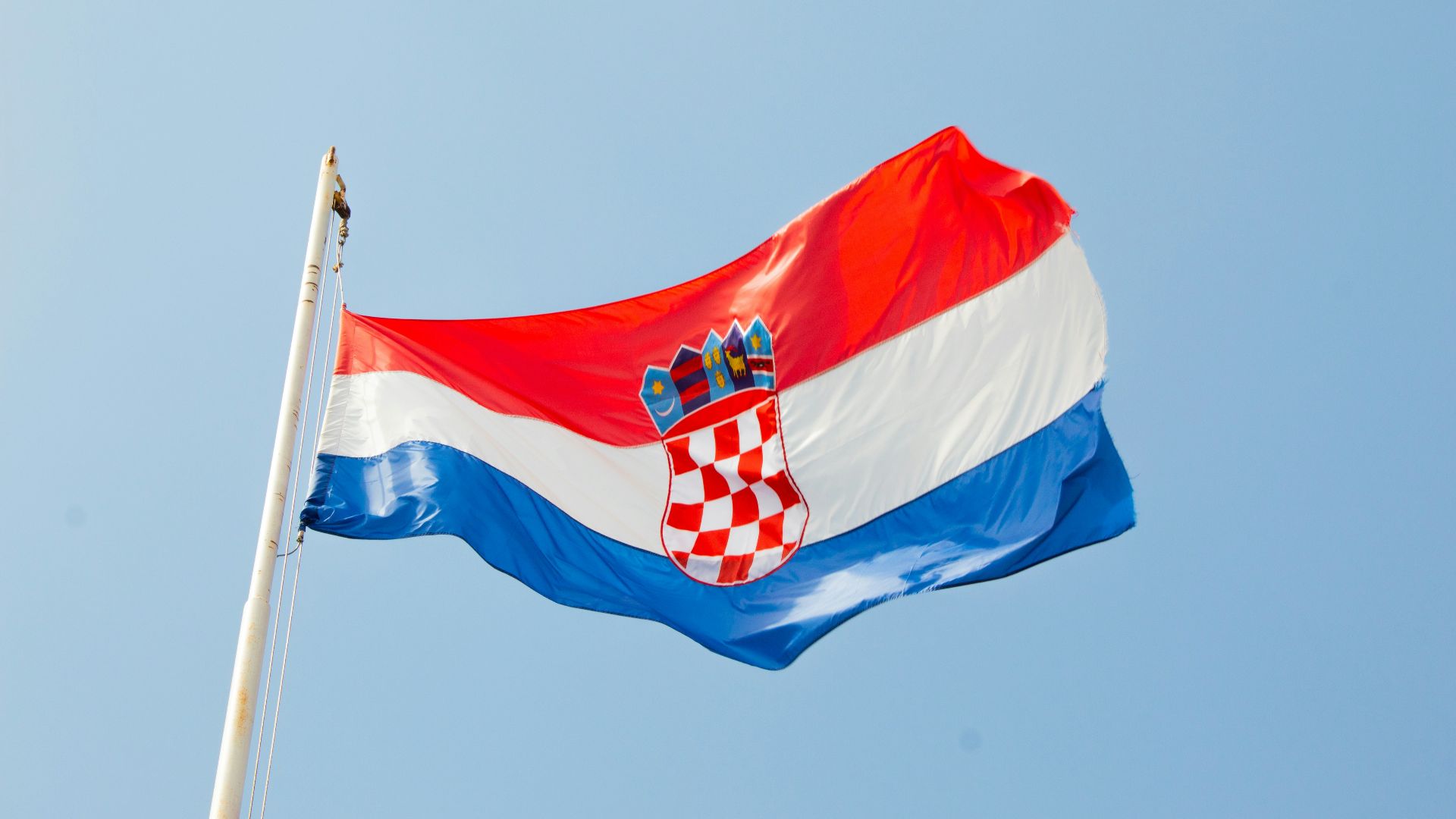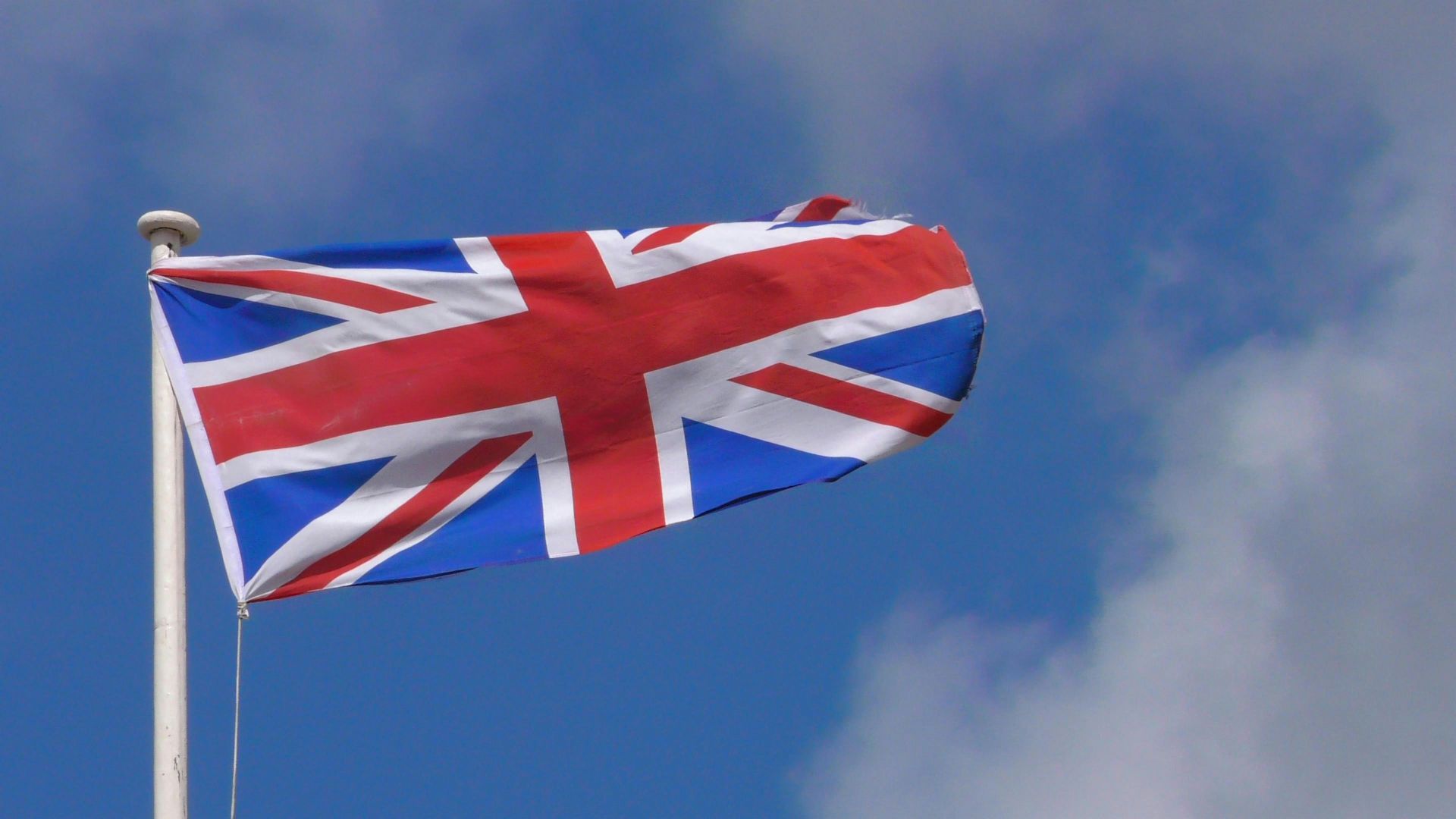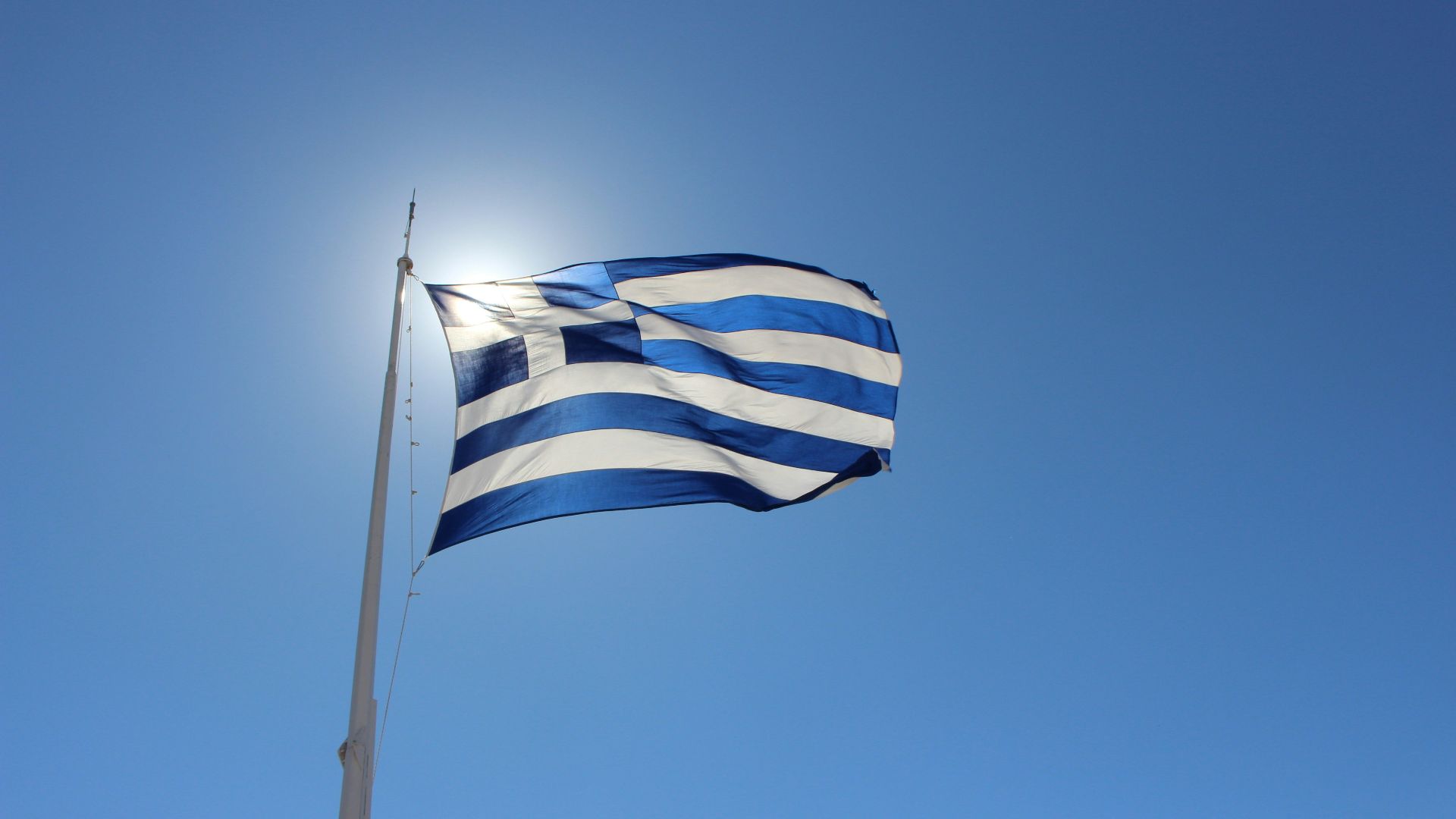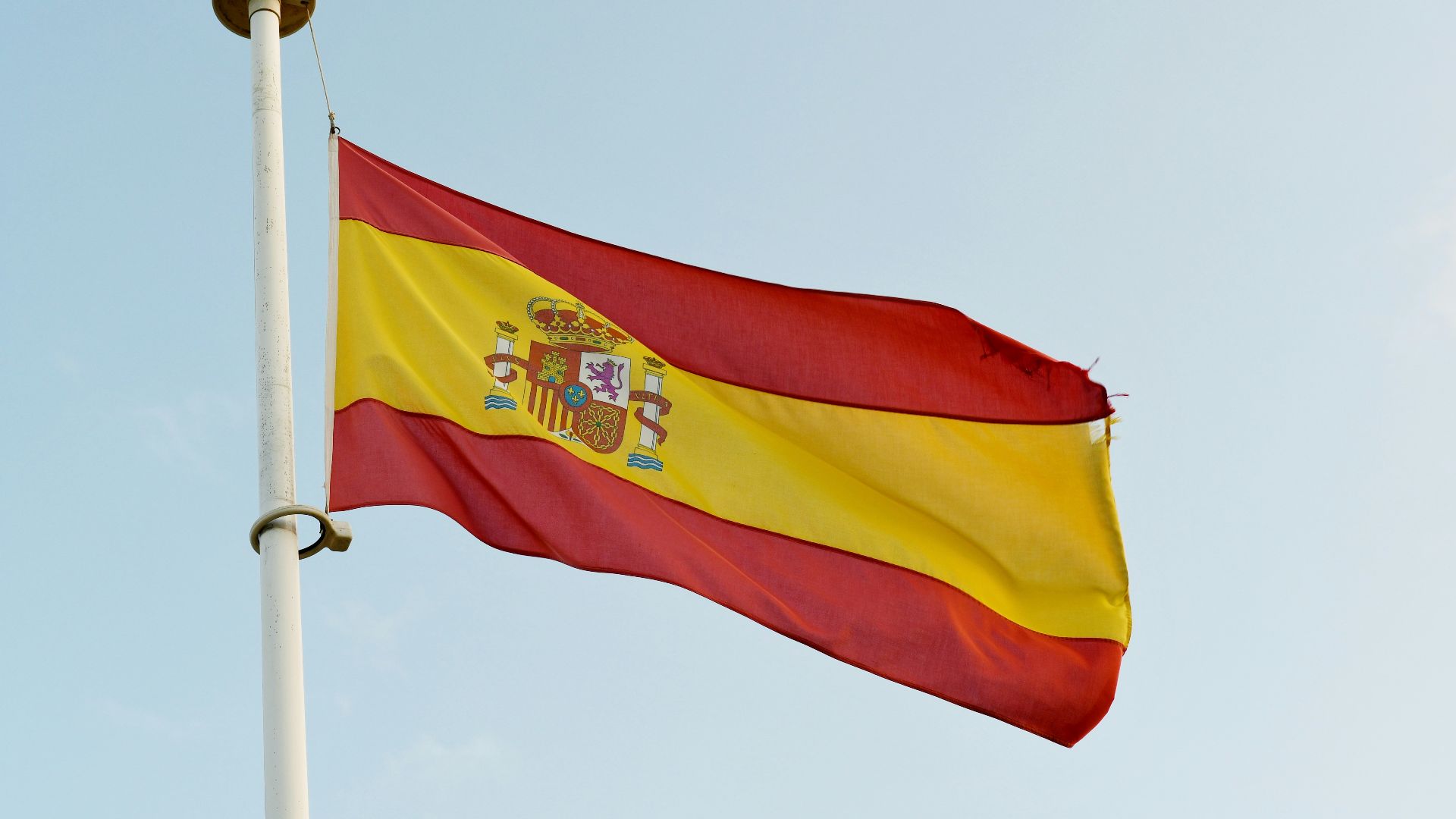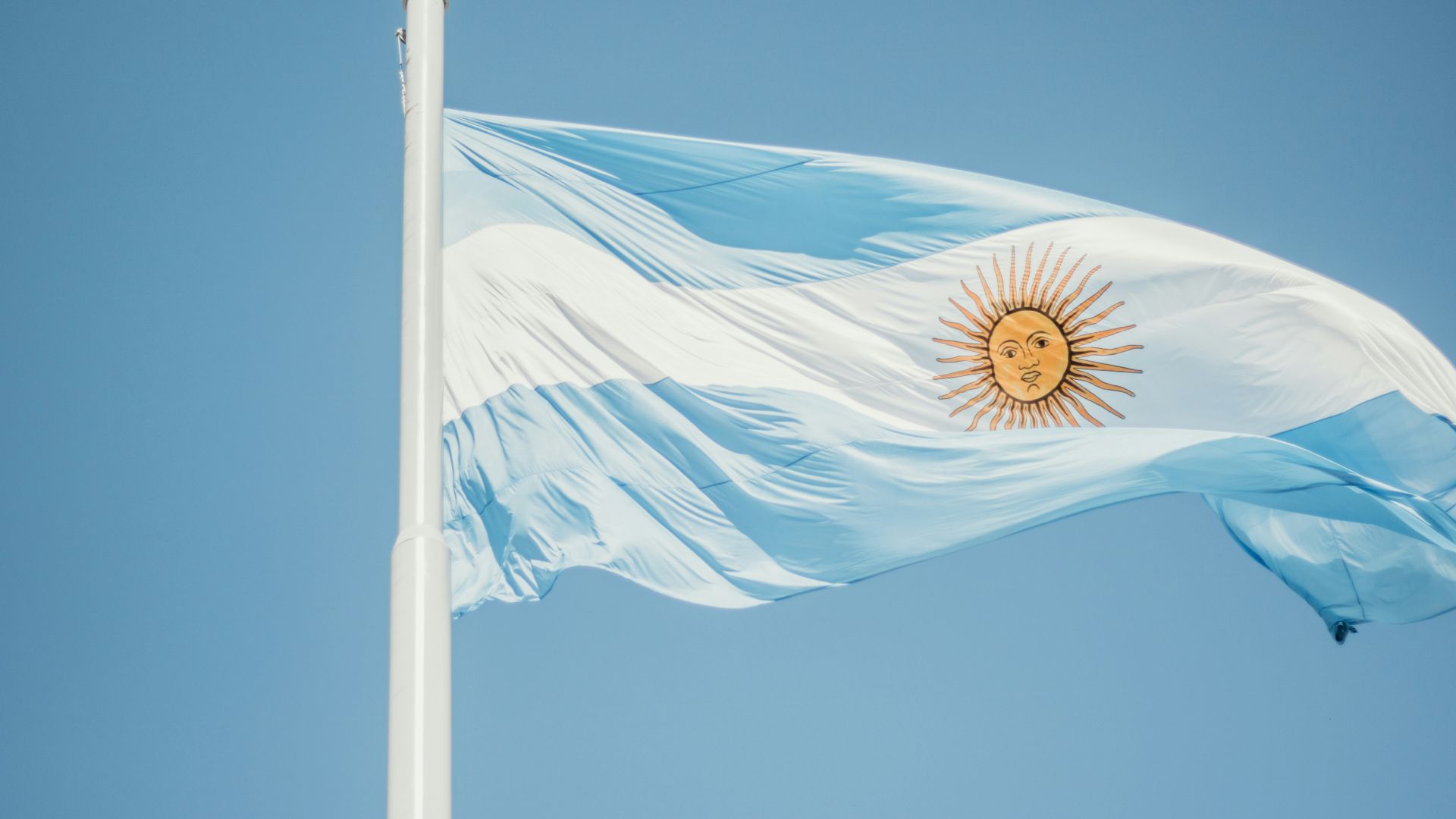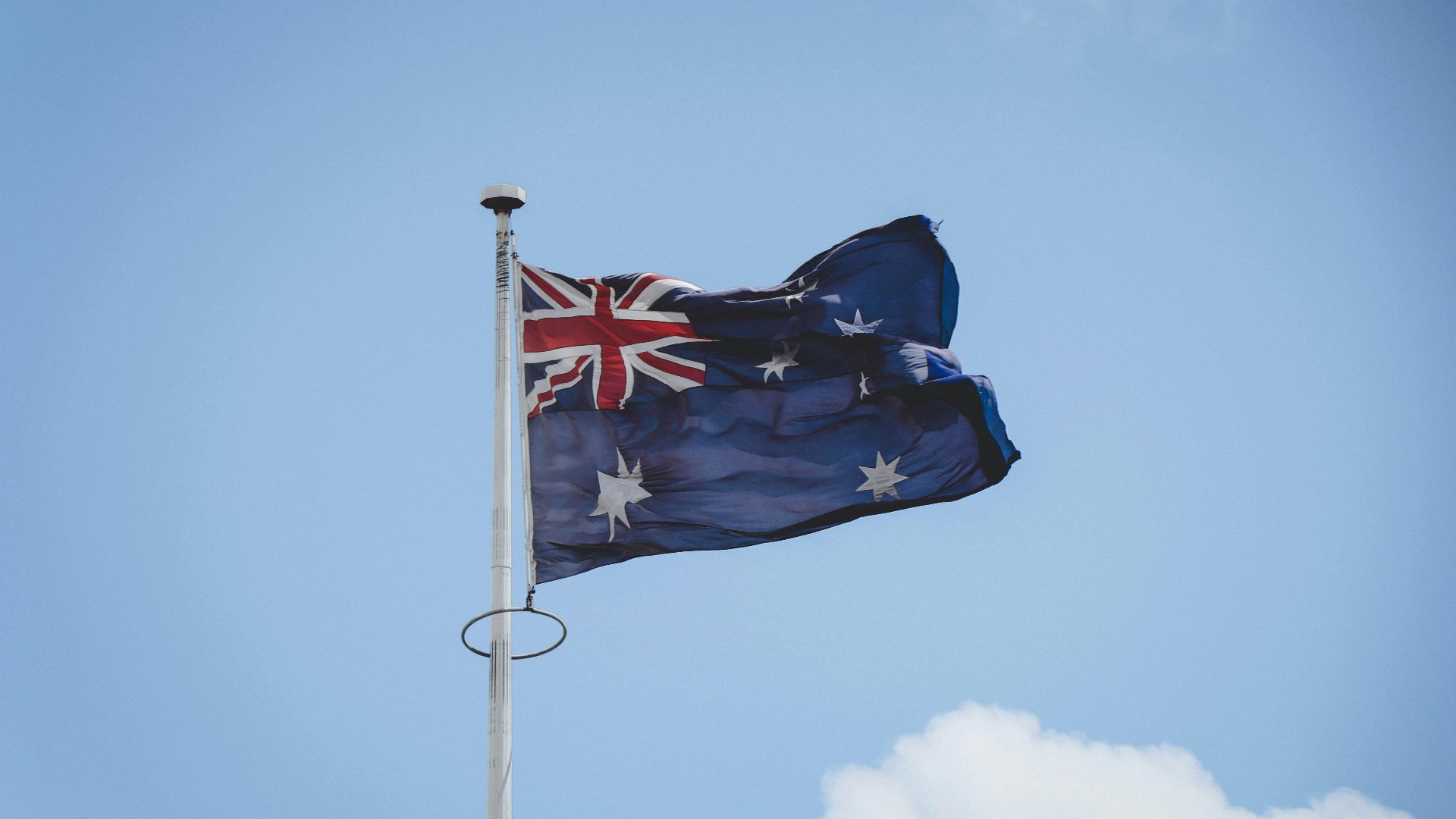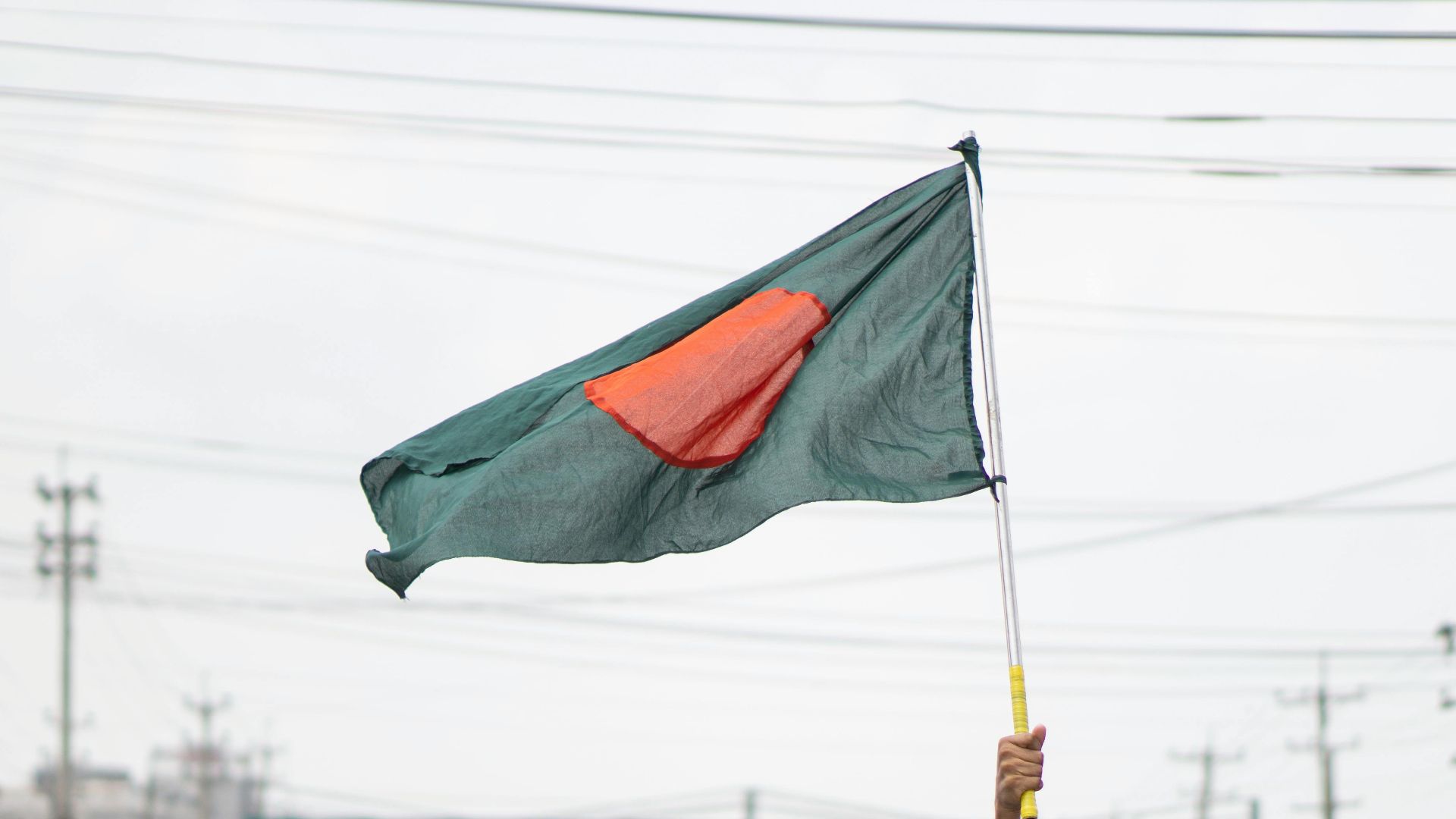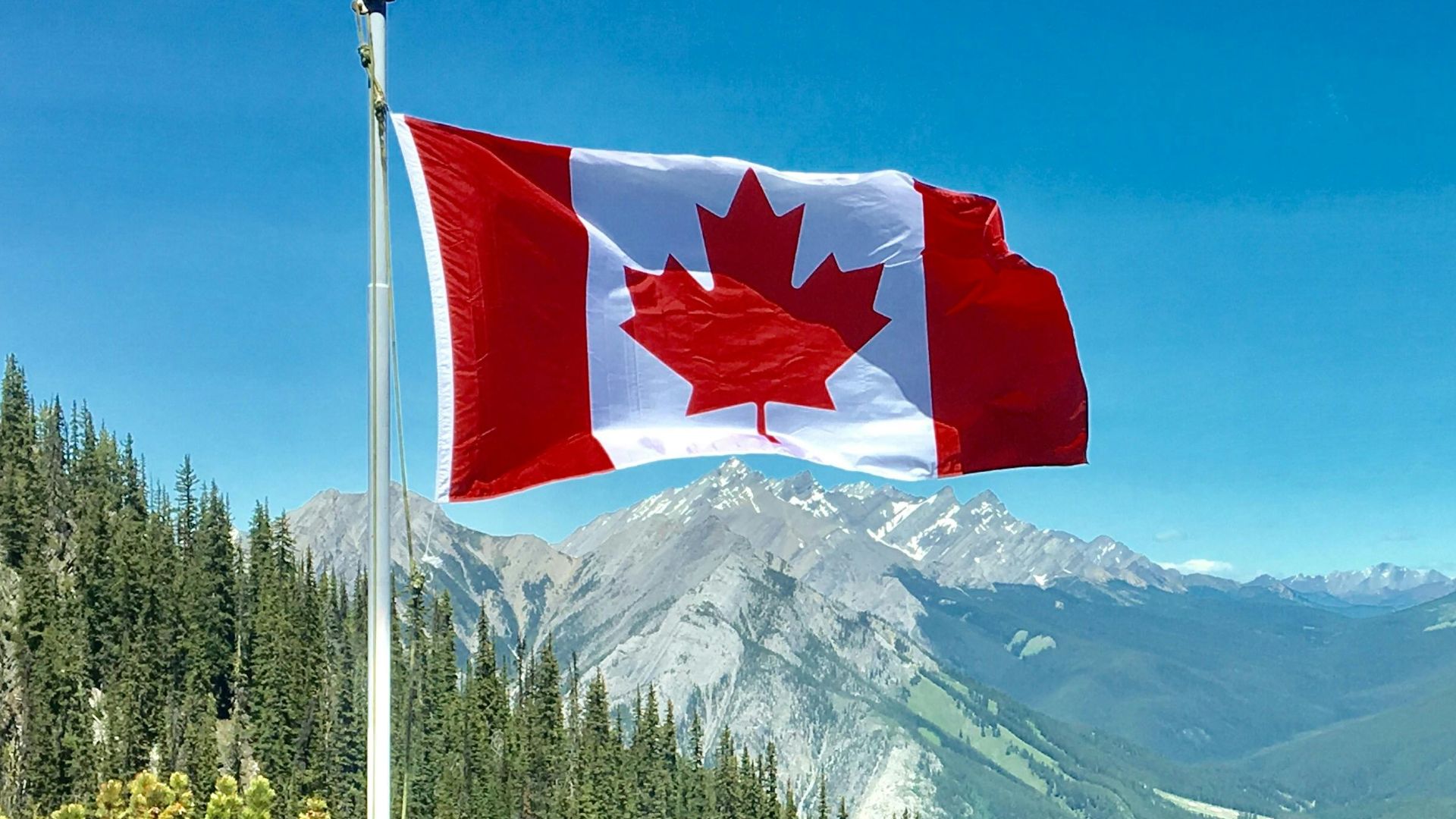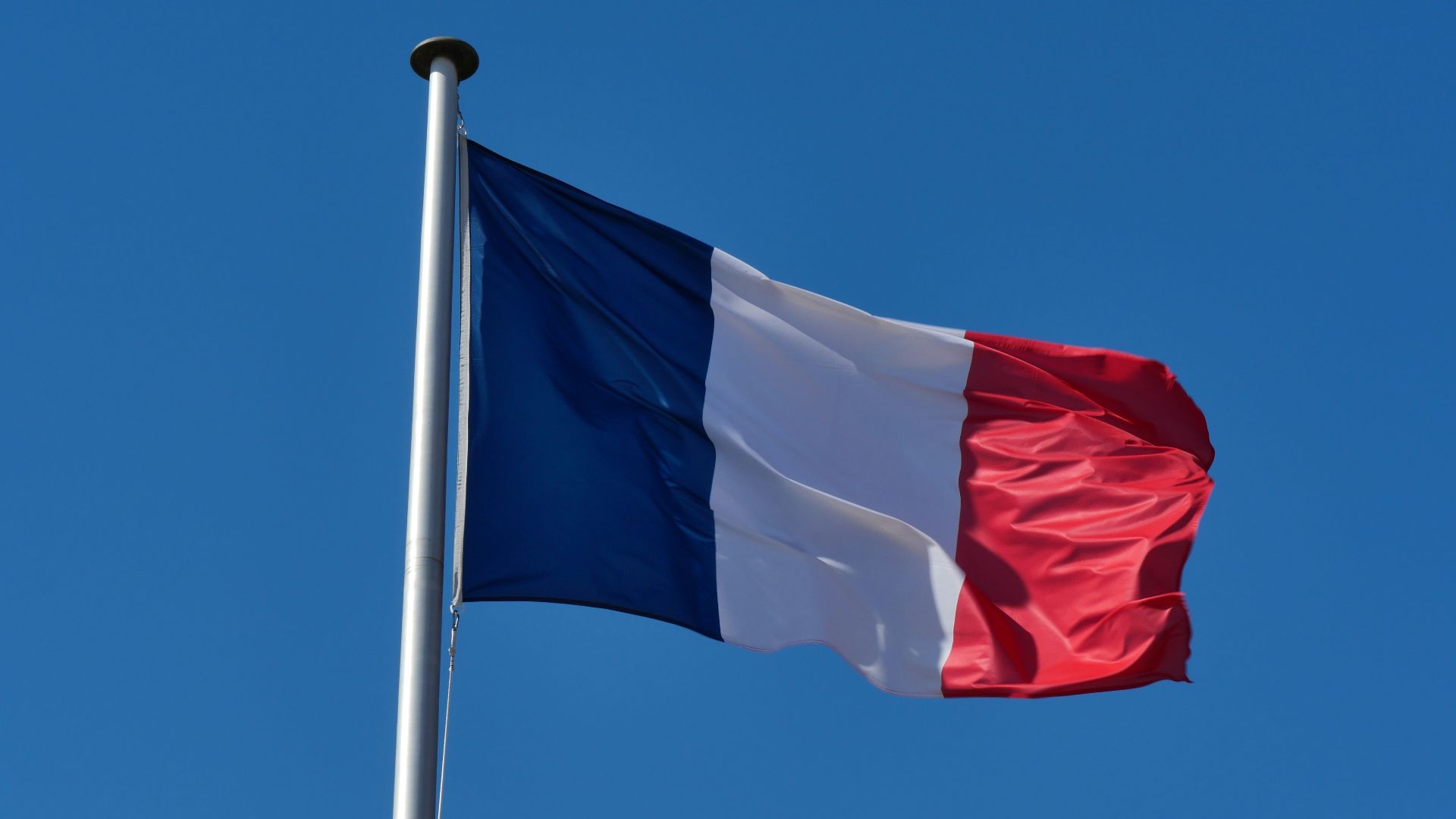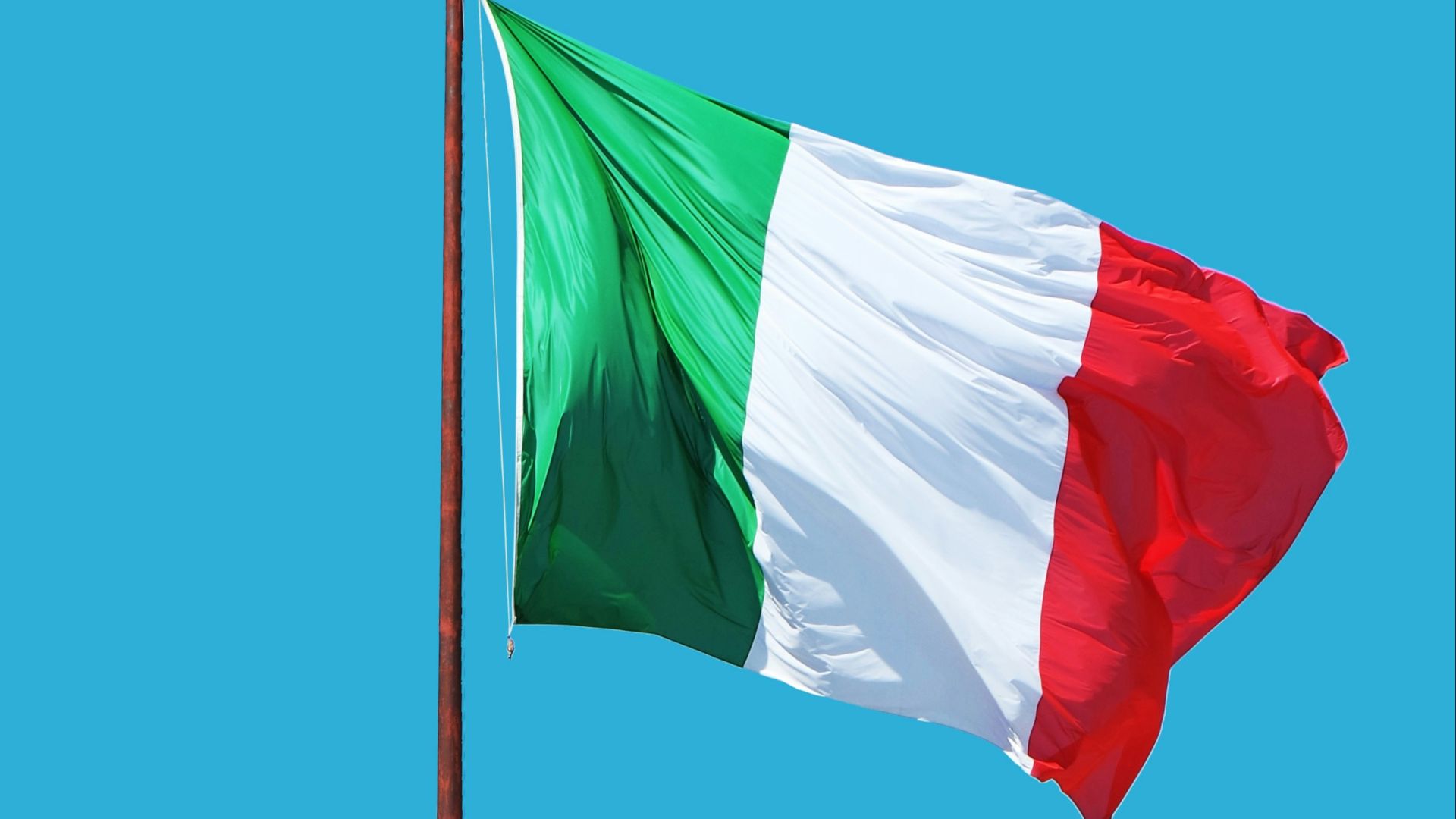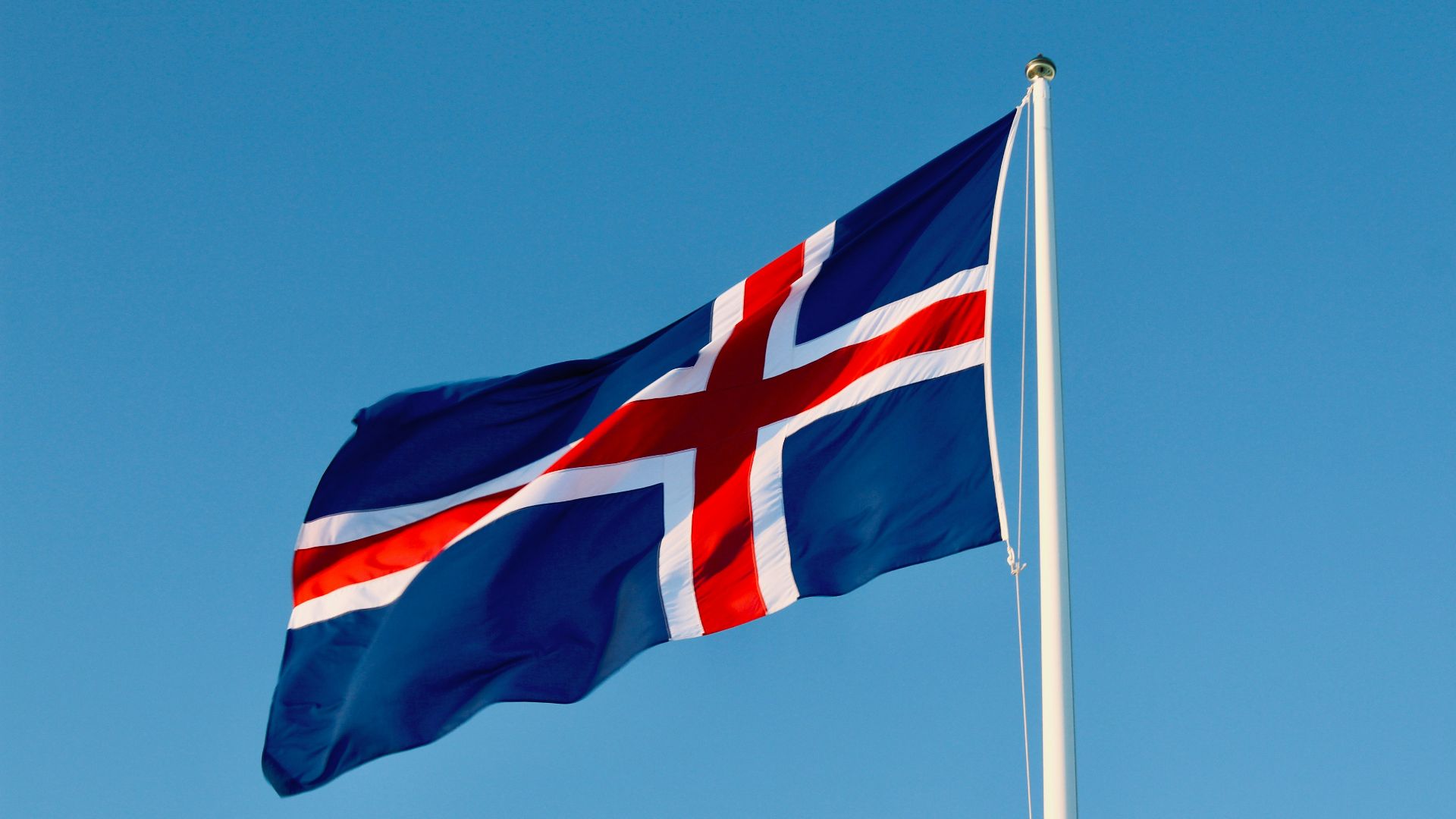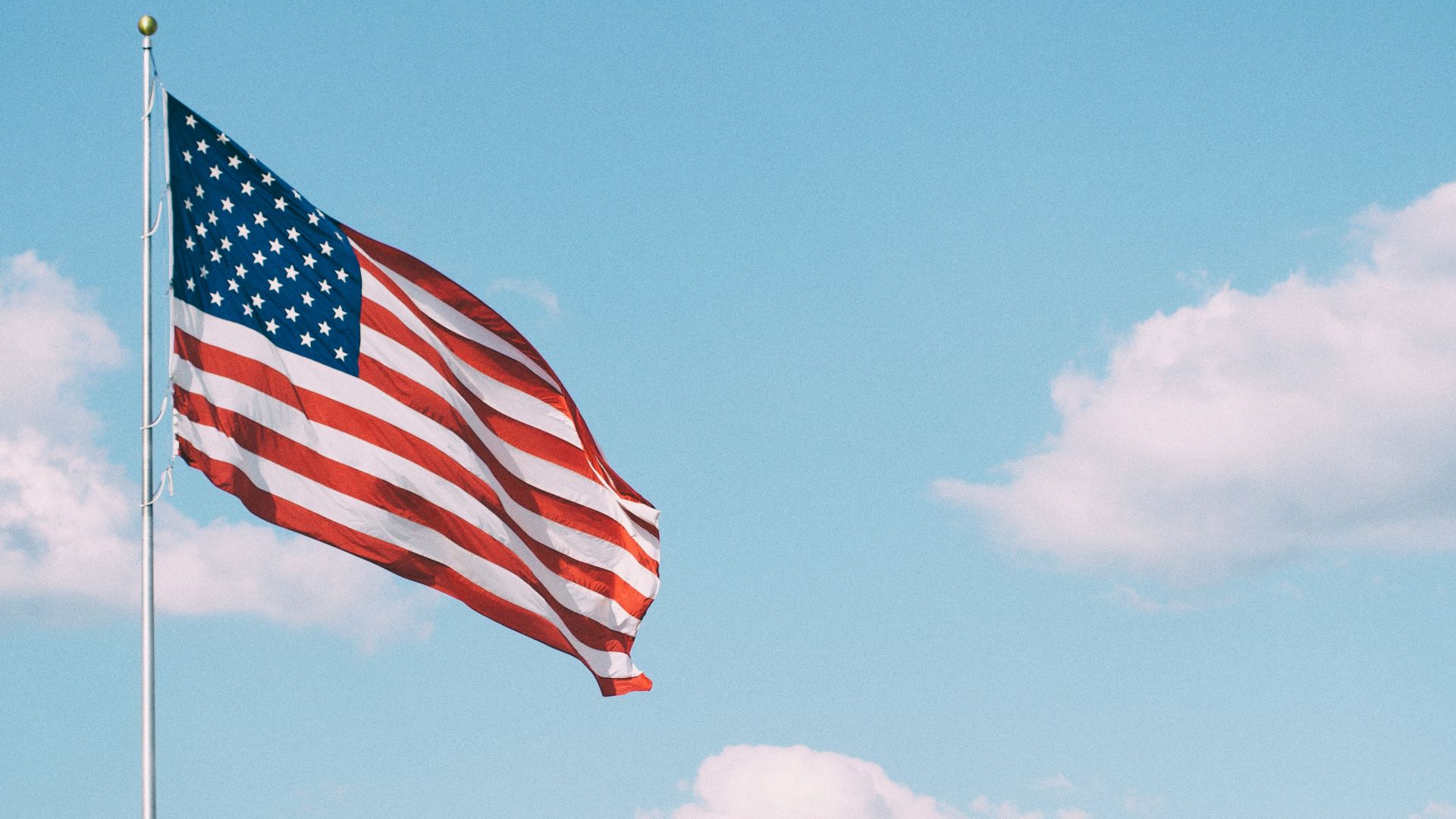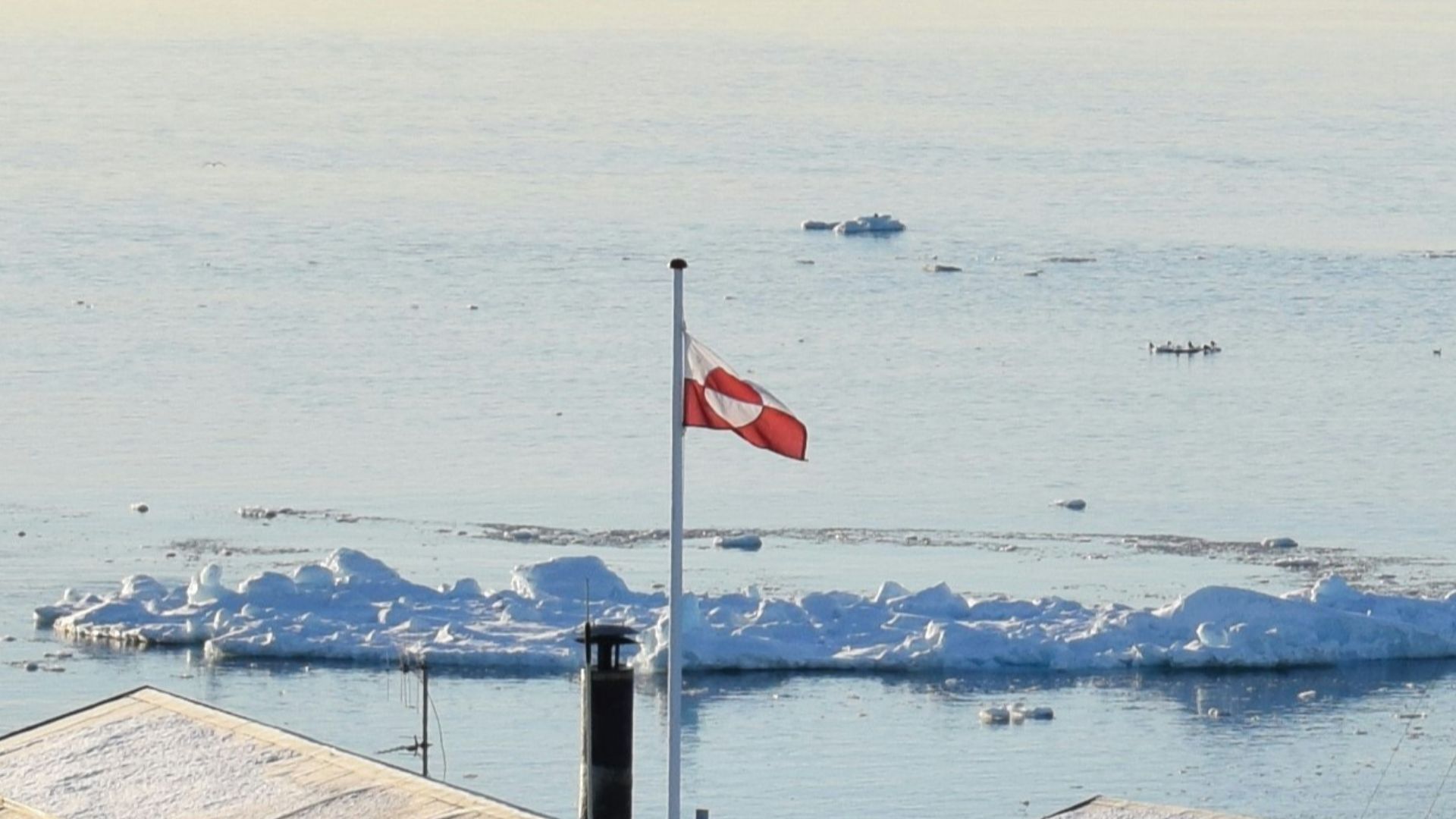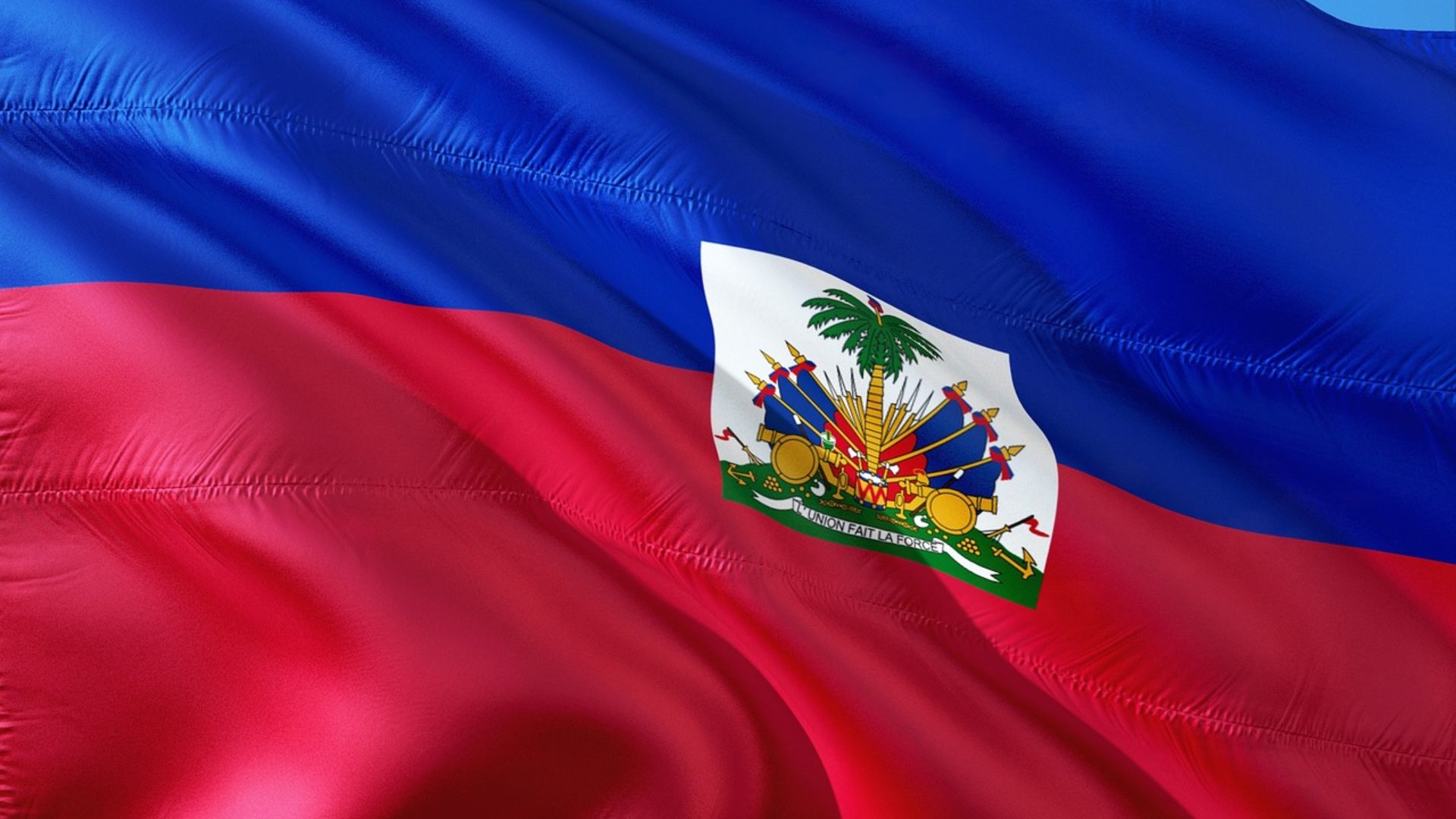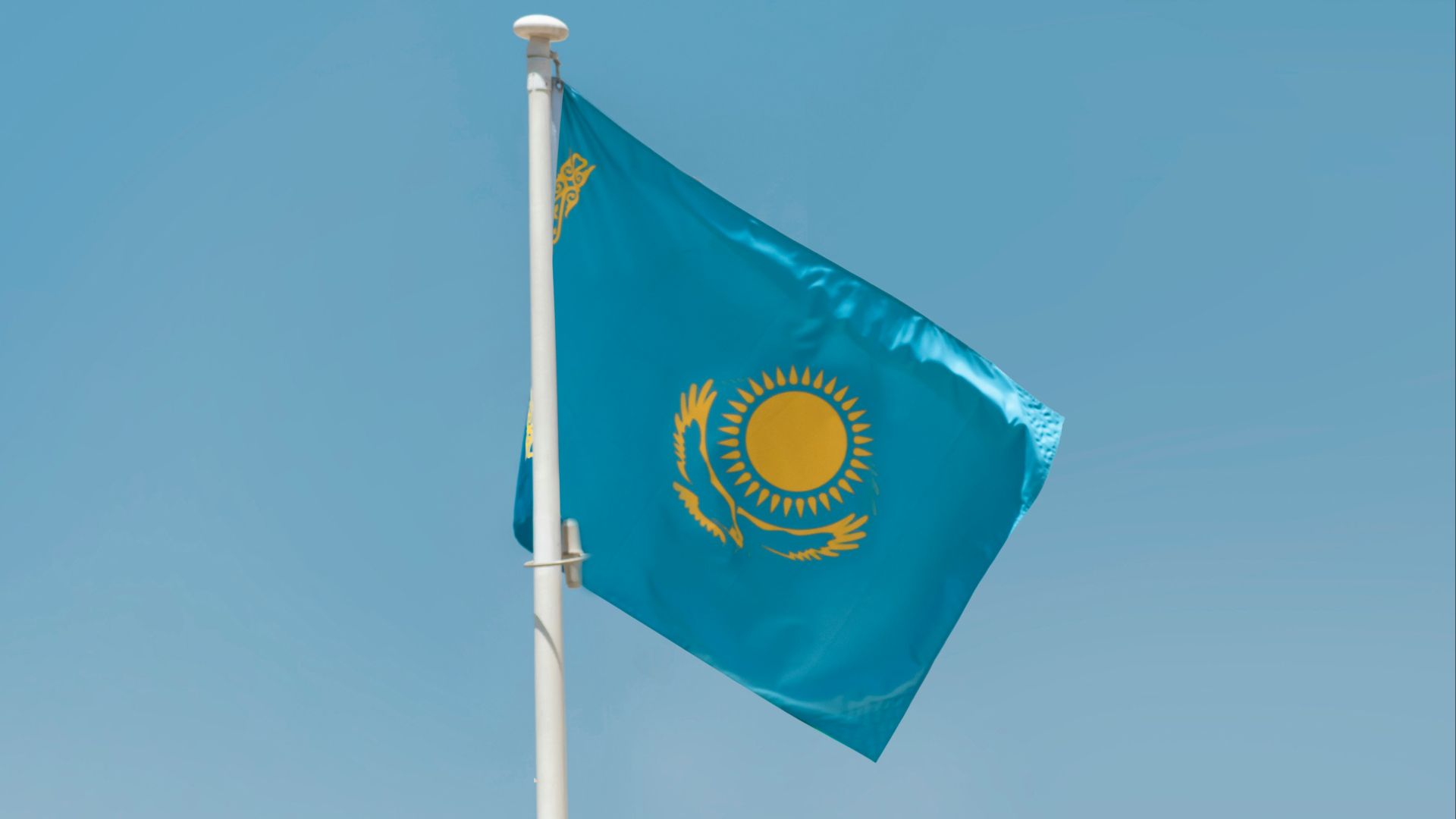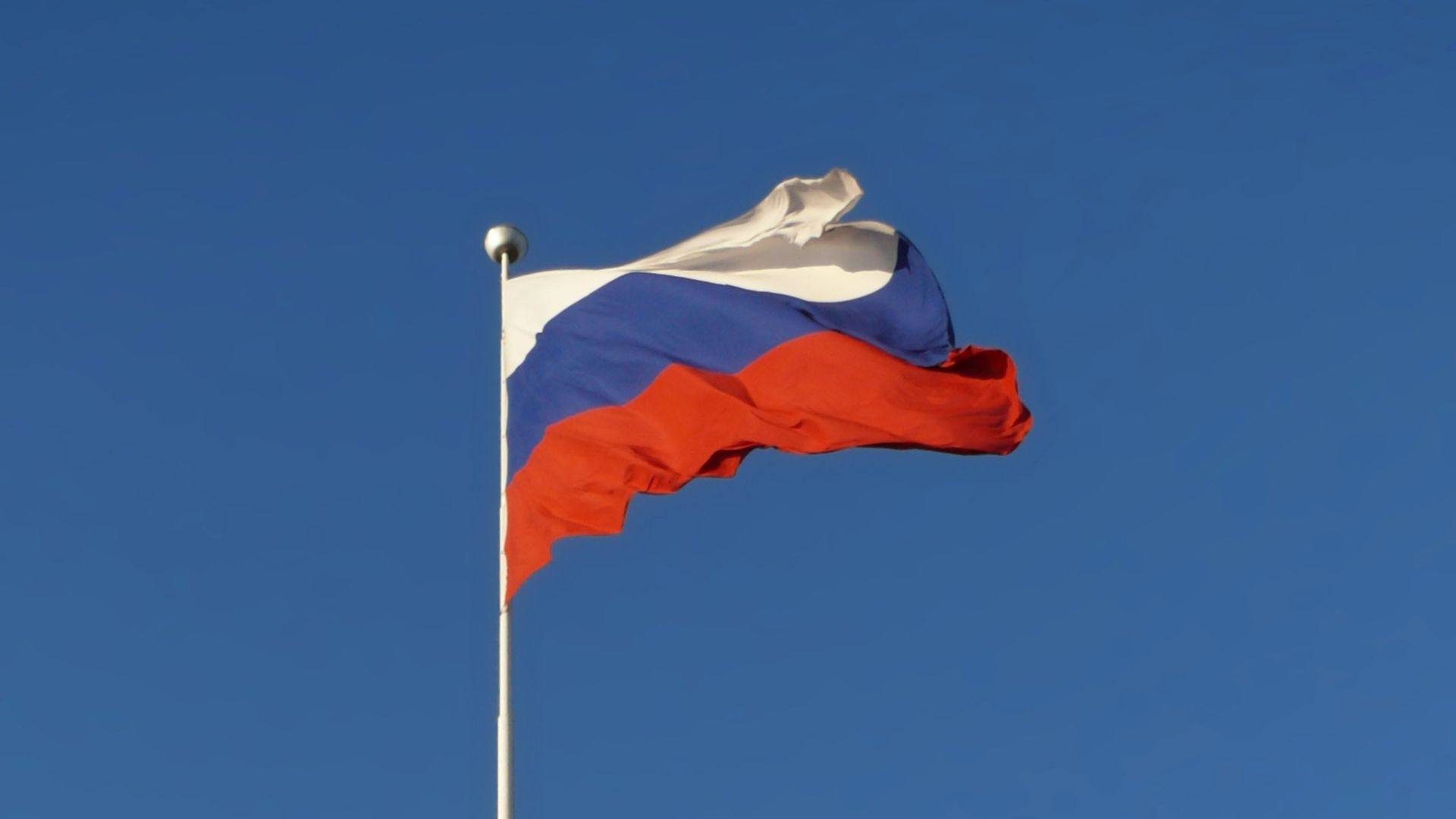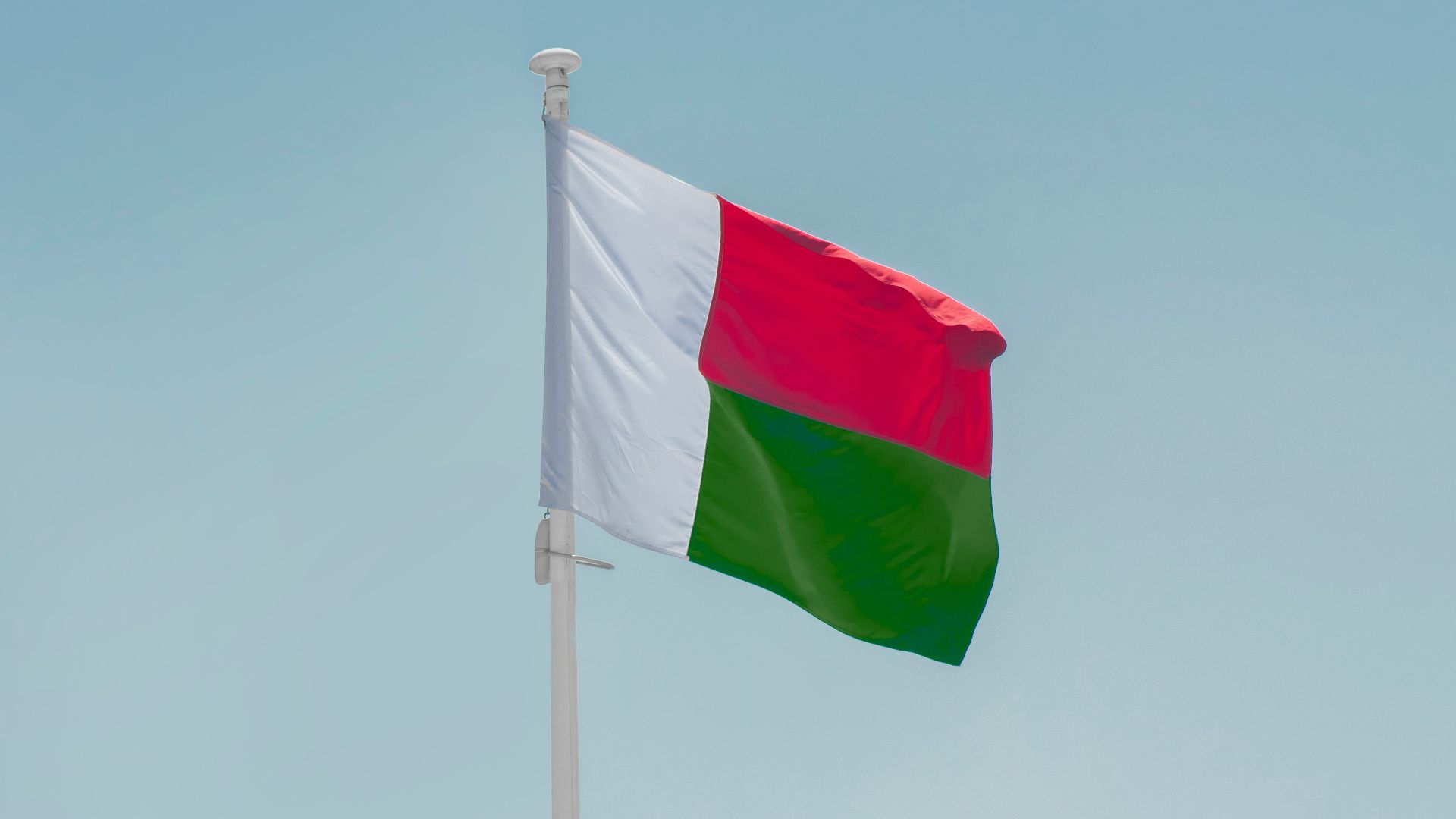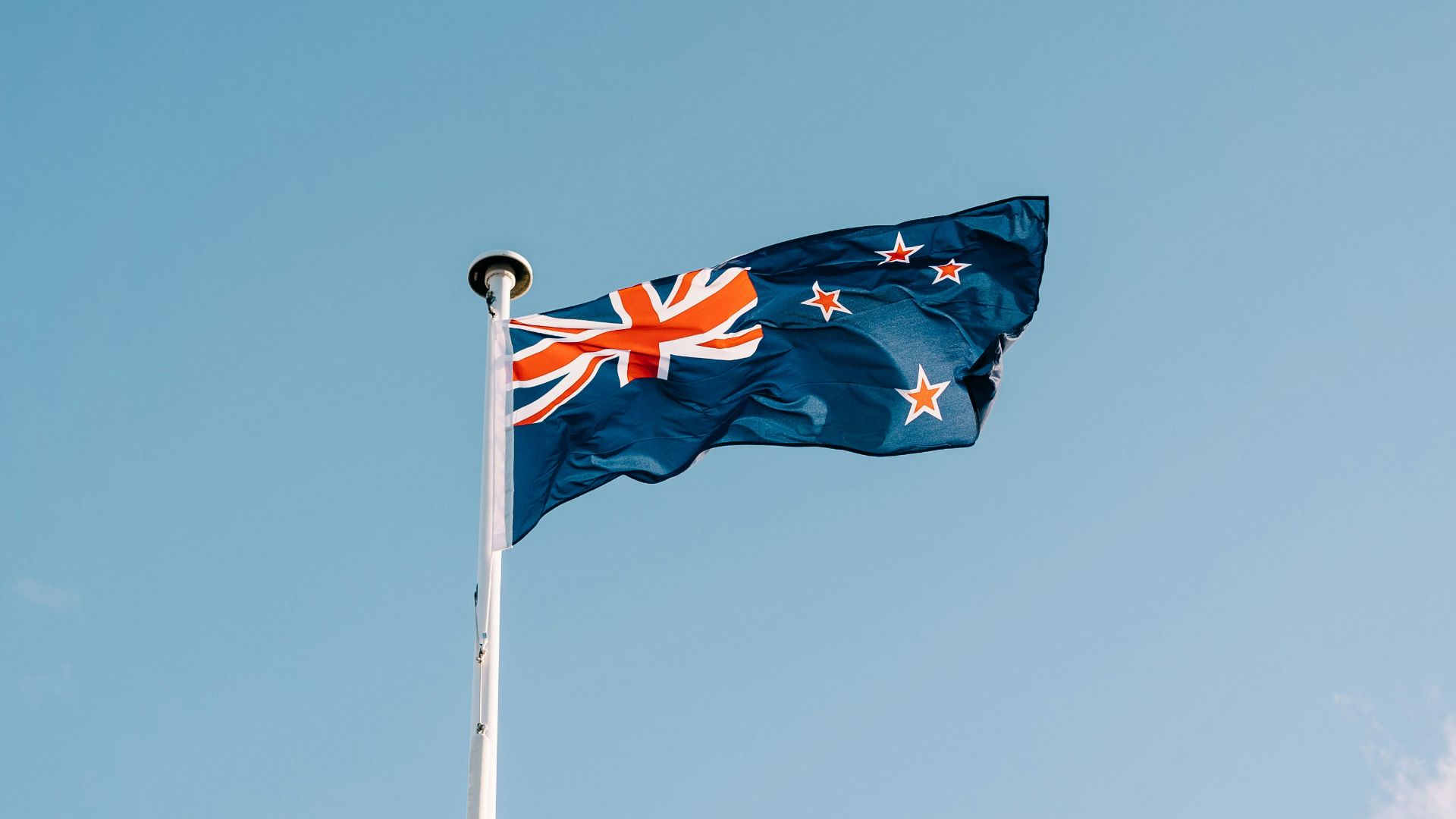Tales Behind These Country Names
Have you ever wondered why certain countries are called the way they are? Why is Greenland named "Greenland" when it's mostly ice and snow? Or where did the United States get the "America" part of its name from? If you're curious, here are 20 countries—from China to New Zealand—with fascinating stories behind their monikers.
1. China
It's believed by many scholars that the word "China" was derived from the Qin (pronounced "chin") Dynasty. Others claim that its name comes from the Indo-European Sanskrit word "cīna." Interestingly enough, China's Chinese name, Zhongguo, means "center country."
2. Croatia
Though it's highly debated and still up in the air how Croatia got its name, there is one clue. The country's non-native name, Hrvatska, comes from medieval Latin, derived from the ethnonym Hrvati ("Croats"). The origin of this ethnonym may be Slavic or Iranian, but the theory remains that it means "one who guards," or "protector."
3. England
The name "England" is taken from Old English, Englaland, which means "land of the Angles." The Angles were one of the Germanic tribes that migrated during the 5th and 6th centuries CE (the Early Middle Ages), before settling in Great Britain.
4. Greece
Greece comes from its Latin name "Graecia," since the Romans referred to the first Greek tribes to settle in southern Italy as "Graeci." What's surprising is that the Greeks don't call themselves by the name we know them to be; instead, they refer to themselves as Έλληνες, or "Hellenes."
5. Spain
While the name for Spain, España, comes from "Hispania," the name the Romans called the Iberian Peninsula during the Roman Empire, it's not certain where the etymology originates from. But one theory is that Phoenician explorers referred to the land as "i-shphan-im," which may mean "Land of Rabbits" or "Land of Metals."
6. Argentina
It's commonly believed that Argentina's name is derived from the Latin "Argentum," which means "silver." Spanish and Portuguese explorers voyaging to Río de la Plata in the 16th century may have used this name, as they saw an abundance of silver worn by inhabitants of the region, thus prompting the nickname "Silver Land."
7. Australia
The name for Australia comes from the Latin term "Terra Australis," meaning "southern land." In the 2nd century, it was still unknown at the time that Australia existed, only that there was an unknown, possibly imaginary, landmass floating somewhere in the south. It wasn't until English explorer Matthew Flinders circumnavigated the continent that the name came to be.
8. Bangladesh
Unlike some other countries, Bangladesh's name has a simple origin. The suffix -desh comes from the Sanskrit word deśha, meaning "land" or "country," while Bangla is another way to say Bengal. Thus, Bangladesh means "the Land of Bengal" or "the Bengali homeland."
9. Brazil
It's believed that Brazil is derived from the Portuguese term for brazilwood, or pau-brasil. Known for its rich red dye, it was highly regarded by the European textile industry. Portuguese explorers in the 16th century found the region abundant in the wood, thus earning Brazil its name.
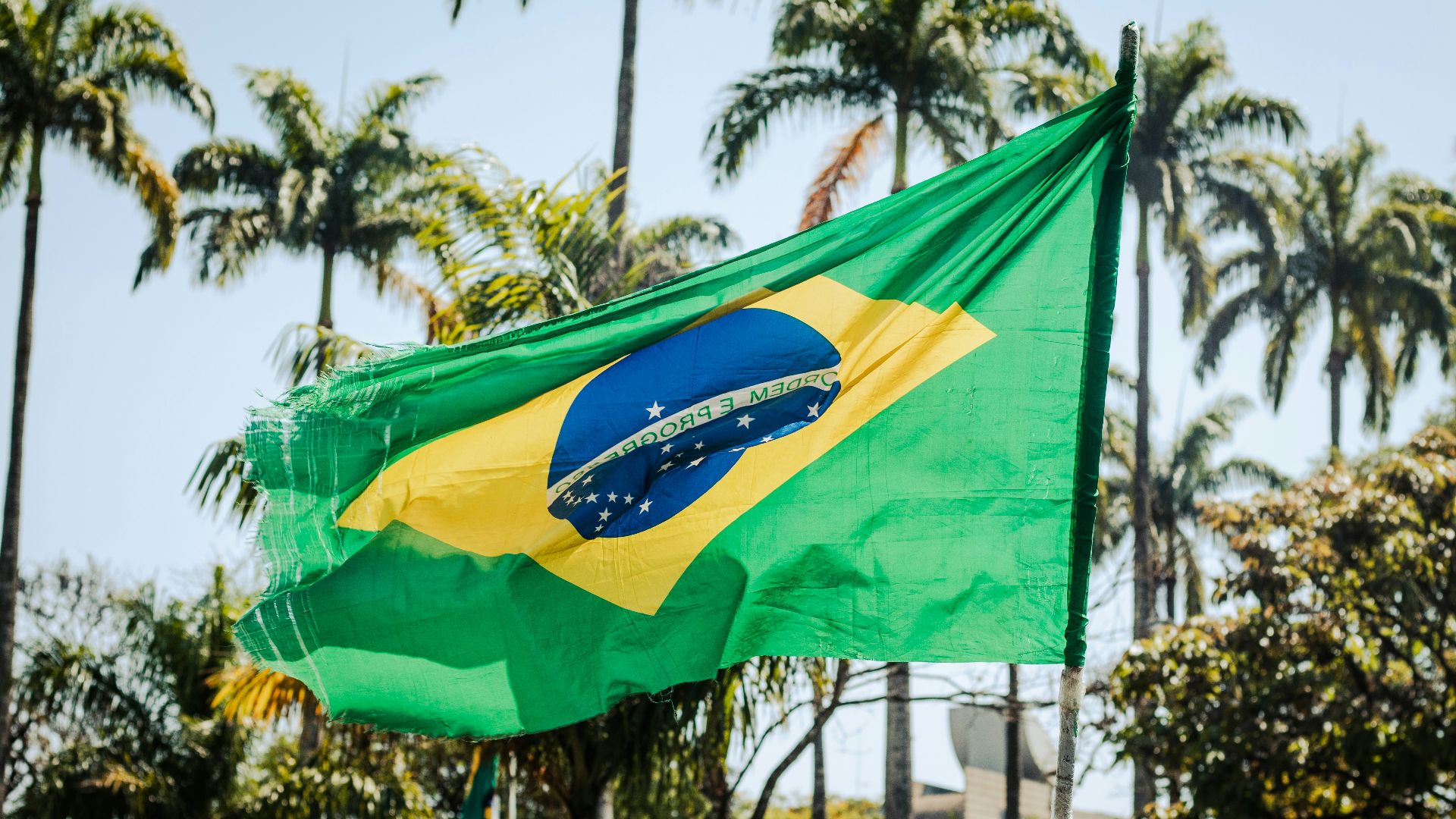 Matheus Câmara da Silva on Unsplash
Matheus Câmara da Silva on Unsplash
10. Canada
Canada likely got its name from the Huron-Iroquois word “kanata,” which means “village” or “settlement.” When two Aboriginal youths mentioned the path to the region to French explorer Jacques Cartier, they were referring to modern-day Quebec. Because of this, Cartier referred to the entire area as "Canada."
11. France
France is believed to have gotten its name from the Latin word "Francia," meaning "land of the Franks." It's a term that experts also claim was derived from the Germanic settlers of the area, though it's uncertain where the origin of the word "Frank" comes from.
12. Italy
Where Italy's name originates from is a subject that linguists and historians have pored over. The most popular theory is that it's derived from ancient Greek, "Italói," which was given to Sicels, an Indo-European tribe that inhabited the tip of the Italic Peninsula, or eastern Sicily. It may be easier to say Italy comes from the Latin term "Italia," which also stems from ancient Greek, Ἰταλία ("Italia").
13. Iceland
The story goes that a Norseman named Hrafna-Flóki Vilgerðarson sailed to Iceland from Norway before settling in Vatnsfjörður, a fjord in the Westfjords of the country. He spent a harsh winter there, and come spring when he was getting ready to leave, he hiked up the mountains and saw fjords filled with ice—leading him to name the region Ísland ("Ice Land").
14. United States of America
Before the Second Continental Congress adopted the official name for the United States of America in 1776, the country was called "United Colonies"—a moniker given after declaring independence from Great Britain. But what about "America"? That part lends itself to Italian explorer Amerigo Vespucci, who deemed the land a separate continent, and whose name was used by cartographers on initial concept maps of the area.
15. Greenland
From its name, you'd probably expect the country to be lush with nature. So, how did this snow-covered region get the name "Greenland"? Legend has it that an explorer, Erik the Red, was exiled from Iceland for murder. After settling in the country, he named it Greenland (which stems from Grœnland in Old Norse) in hopes of attracting more people.
16. Haiti
Haiti had a few nicknames before its official one stuck; it was known as Quisqueya to some residing on the surrounding islands, and Bohio to others. But the native peoples of the area had always called it Ayiti, which comes from Indigenous Taíno and means "flower of high land" or "mountainous land." After regaining independence post-colonialism, Ayiti once again became the country's name.
17. Kazakhstan
There are two parts to Kazakhstan's name. One, Kazakh stems from an old Turkic term that means "free man," or “wanderer"; people of the region have also referred to themselves as the "Kazakhs" since at least the 17th century. The suffix -stan originates from Persian, meaning "place of." Thus, when you put them together, it becomes "the place of the Kazakhs."
18. Russia
It's widely believed by historians that Russia stems from the word Rus', a name given to a group of Scandinavian Vikings or Varangians who may have been the first to settle in the area. If this hypothesis is true, though, then the origin is the same as Sweden, as they'd both have the same root (for one, Sweden in Finnish is Ruotsi). For that reason there have been many subsequent theories, leaving the story up in the air.
19. Madagascar
While it's still uncertain, a popular theory suggests that a Venetian explorer named Marco Polo was the first to use this name, as seen in his narrative, Devisement du Monde, while traveling through Silk Road in the 13th century. But even that hypothesis has holes, as some historians believe Polo was referring to a different region altogether. To the locals, the country is called Madagasikara in Malagasy.
20. New Zealand
As the tale goes, a Dutch explorer called Abel Tasman named the region "Staten Land," believing the islands were part of present-day Isla de los Estados. Cartographers renamed his discovery to Nova Zeelandia (taken from the Dutch province of Zeeland), before it was later anglicized to "New Zealand." In Māori, the Indigenous Polynesian peoples of the land, the country is called Aotearoa, meaning "land of the long white cloud."
KEEP ON READING
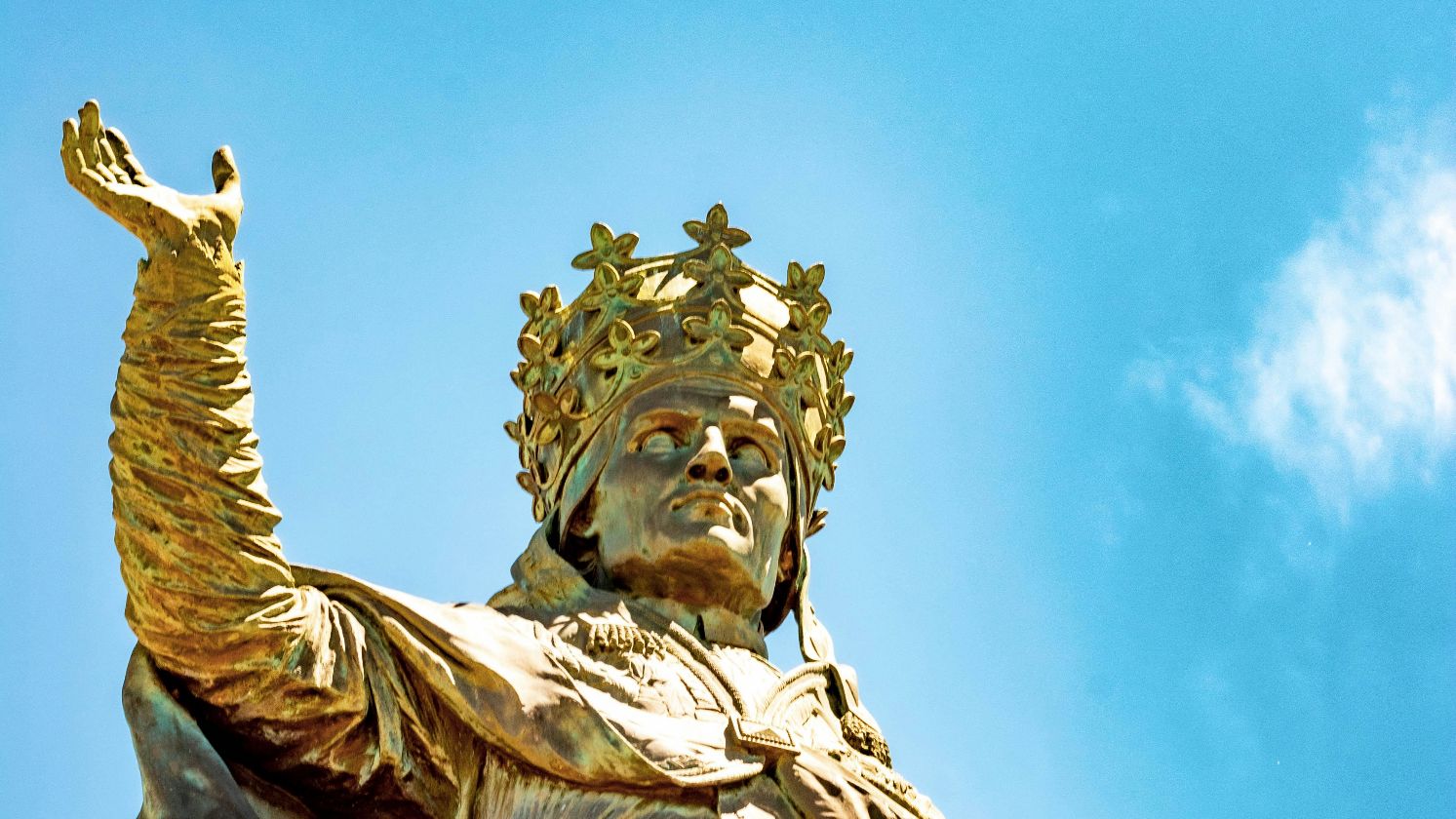
Remembering Pope Stephen VI, The Guy Who Made A Cadaver…
A Godly Man With A Grudge. Jean-Paul Laurens on WikimediaYou…
By Ashley Bast Oct 31, 2025
The 20 Most Historic Battles In American History
Battles That Shook American History. Not every battle is remembered,…
By Chase Wexler May 31, 2025
From School Plays To Starting A Cult: 20 Of The…
The Books That Made Us. Many people will tell you…
By Farva Ivkovic Jan 31, 2025
20 Facts About Jane Grey, The Forgotten Queen Of England
A Quick, Messy, and Tragic Reign. Lady Jane Grey never…
By Maria Cruz Jan 31, 2025
20 Of History's Greatest Forgotten Empires
Rome Wasn't The Only One That Fell. In the annals…
By Emilie Richardson-Dupuis Jul 31, 2025
Not All Hope Is Lost. Here Are Some Career Paths…
Put That Research Brain To Good Use. You want to…
By Breanna Schnurr Oct 31, 2025

